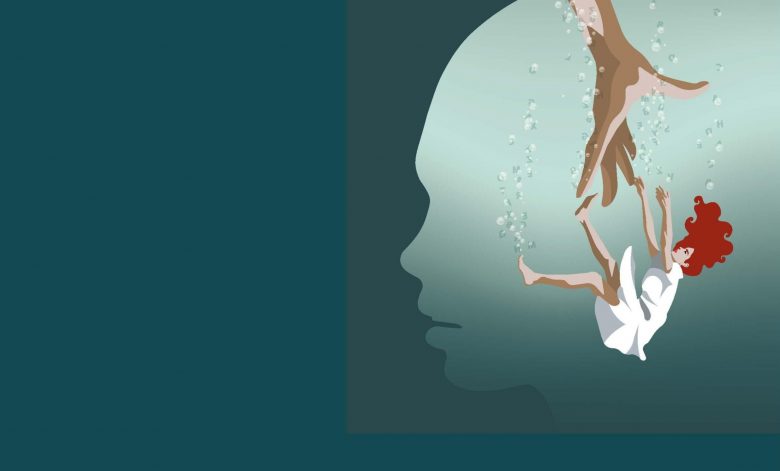
When you think about potential career paths in psychology, shaping economic policy is probably not at the top of the list. However, the emergence of the new field of behavioural science (also called behavioural economics) has shifted the role and status of how psychological research can help the economy.
Economists used to think of humans as basically rational agents with some degree of ‘noise’ or unpredictability in their decision-making. Daniel Kahneman (a psychologist) was awarded a Nobel prize in economics for his work challenging this model of human decision-making. Kahneman’s work has demonstrated that human decision-making cannot be understood simply as ‘rationality plus noise’, but rather that humans are sometimes systematically irrational. For example, humans would make different judgements about the same situation when the contents of that situation are framed in different ways. In a famous example of this, even doctors seem to regard a 90% survival rate for a disease as better than a 10% death rate.
Your organisation does not have access to this article.
Sign up today to give your students the edge they need to achieve their best grades with subject expertise
Subscribe



